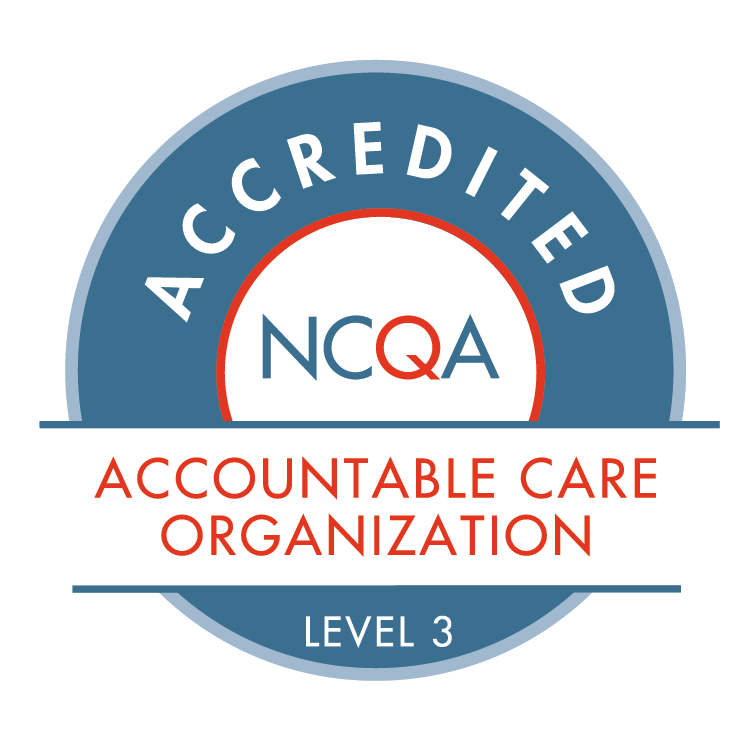It’s Hard to be a Kid
Remember what it’s like to be a kid? No jobs, bills or deadlines. You get to play all day. It’s carefree, right?
Not really. Kids face stress and can feel overwhelmed by pressure, too. Actually, says Teresa Strub, Children’s Services Program Director at Swope Health, there are a vast number of stressors facing kids today, including pressures at school; making friends; new classes; getting good grades; having the “right” clothes and things; emotional and physical changes; bullying and taunting; and challenges at home. Social media is a contributing factor in creating instability for kids, also.
Healthy Human Attachments

Playtime can help kids manage stress. At Swope Health, counselors use play therapy to encourage kids to express themselves.
All these stressors mean there is a greater need than ever for kids to have healthy human attachments, Teresa said. Our human connections these days are not what they once were, she added, noting that it is rare for families to gather at dinner tables or spend spare time together.
“In the absence of human attachment, kids will turn to what they hear about, which makes suicide a big problem,” she said. “They hear that it’s normal to shut down and detach.”
Teresa noted she’d recently heard of a four-year-old child who attempted to strangle himself. How can a four-year-old even learn that is an option? Today’s children receive large amounts of adult-level information from media and social media, she explained.
Without stabilizing personal relationships, those situations and stress can create a cauldron of uncertainty in a young person. “We have to remember: kids need to learn skills for coping with stress,” she said.
So what’s a parent to do? What can the community do?
For parents, there is no substitute for time. Margaux Lemmones, Clinical Supervisor for the Children’s Outpatient Therapy and Adolescent Substance Use Disorder programs at Swope Health, described every hour in conversation with children as an investment in their future. Listening to their concerns, showing them love, role-modeling behaviors in challenging situations – all these simple steps will pay off in the long term, she said.
One way to find time is to set boundaries around children’s activities such as limiting the amount of time kids spend on video games or social media. Build schedules that allow for reading and homework, as well as helping around the house. Pair up on fixing dinner or doing the dishes and use that time to talk about school, friendships, plans and more.
Kids and Technology
Teresa invites parents to challenge the notion kids “need” their own mobile phone. “Yes, I understand that safety is the predominant reason,” she says, “but then do they really need the camera and access to all that other information, too?”
Mobile devices easily draw in children and then quickly become a demanding time-occupier, a status symbol and a subject of peer influence. Teresa advises setting limits on screen time and making an extra effort for building personal connections with family and friends. It’s up to parents to show that those attachments are important.

Activities, including building toys, puzzles and games, can encourage kids to develop problem-solving skills while relieving stress.
Margaux suggests making sure kids have activities they can do without their phones or computers – especially exercise! Studies have shown that physical exercise, especially team sports or games, is a great way to combat stress, while fueling brain development and building social skills.
Games, puzzles, drawing and making things – especially involving ideas from science, technology, engineering, arts and math – can encourage kids to develop problem-solving skills. One of Margaux’s favorite activities is having kids create a book of their own life stories – have kids plan, write and illustrate their own story.
“Anything we can do to encourage more people-related activities and less device-related activities, including just talking, will help build attachments and confidence,” she said.
“It’s all simple,” she said, “but it’s not easy to do. It demands time and that works against us. We’ve got to address our attachment needs and make sure kids know there are people who care for them.”
If you or your child ever feels overwhelmed by stress, come talk with us. Visit Swope Health Behavioral Health or call 816-922-1070 to make an appointment.
Identifying Stress in Kids
By the American Psychological Association
- Watch for negative changes in behavior. This could be acting moody, withdrawing from activities, complaining, crying or other changes. In some kids, it might be expressions of anger, hostility or fear.
- Stomachaches and headaches can be signals of stress.
- Acting out. Some kids will behave normally at home but act in unusual ways in other settings. Parents can check in with teachers and others to watch for changes.
- Listen carefully. Kids may not have the skills to explain what they are feeling. They might use negative descriptions of themselves or their feelings (“I’m stupid,” “Nothing is fun,” “Nobody likes me”).
How Stress Affects the Brain
Stress can affect the way kids think and learn, resulting in lower IQ scores and difficulty reading and paying attention. It can damage emotional well-being and lead to mental health problems like depression or anxiety.
In adults, stress is linked to high blood pressure, diabetes, obesity, cardiovascular problems, memory loss and ulcers. Stress can lead to burnout and affect mental health and behaviors.
Source: PsychCentral
Resources for Parents
- Digital Guidelines: Promoting Healthy Technology Use for Children – a website with resources from the American Psychological Association.
- Challenge Success – This non-profit organization encourages schools and families to promote student well-being and resilience over test scores and grades. See Top Ten Back-to-School Tips to Help Your Child Thrive.
- Wait Until Eighth – A non-profit, this group advocates for parents to pledge to delay providing a smartphone to their children until eighth grade or age 14, to emphasize a healthy childhood.
- Let Grow – Provides resources and programs for parents, schools and communities to encourage kids to do things on their own, including giving kids unstructured free time and responsibility. A non-profit organization, Let Grow challenges parent to avoid overprotecting their kids.











Leave a Reply
Want to join the discussion?Feel free to contribute!